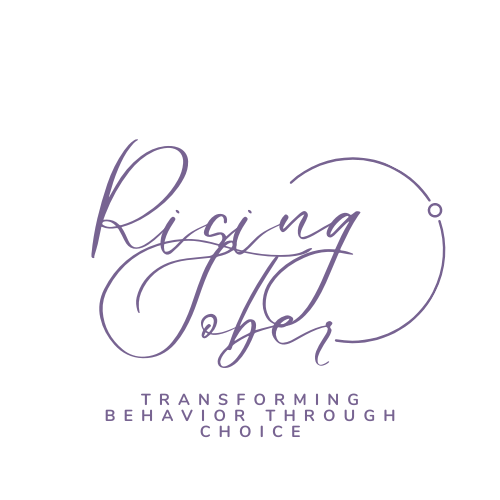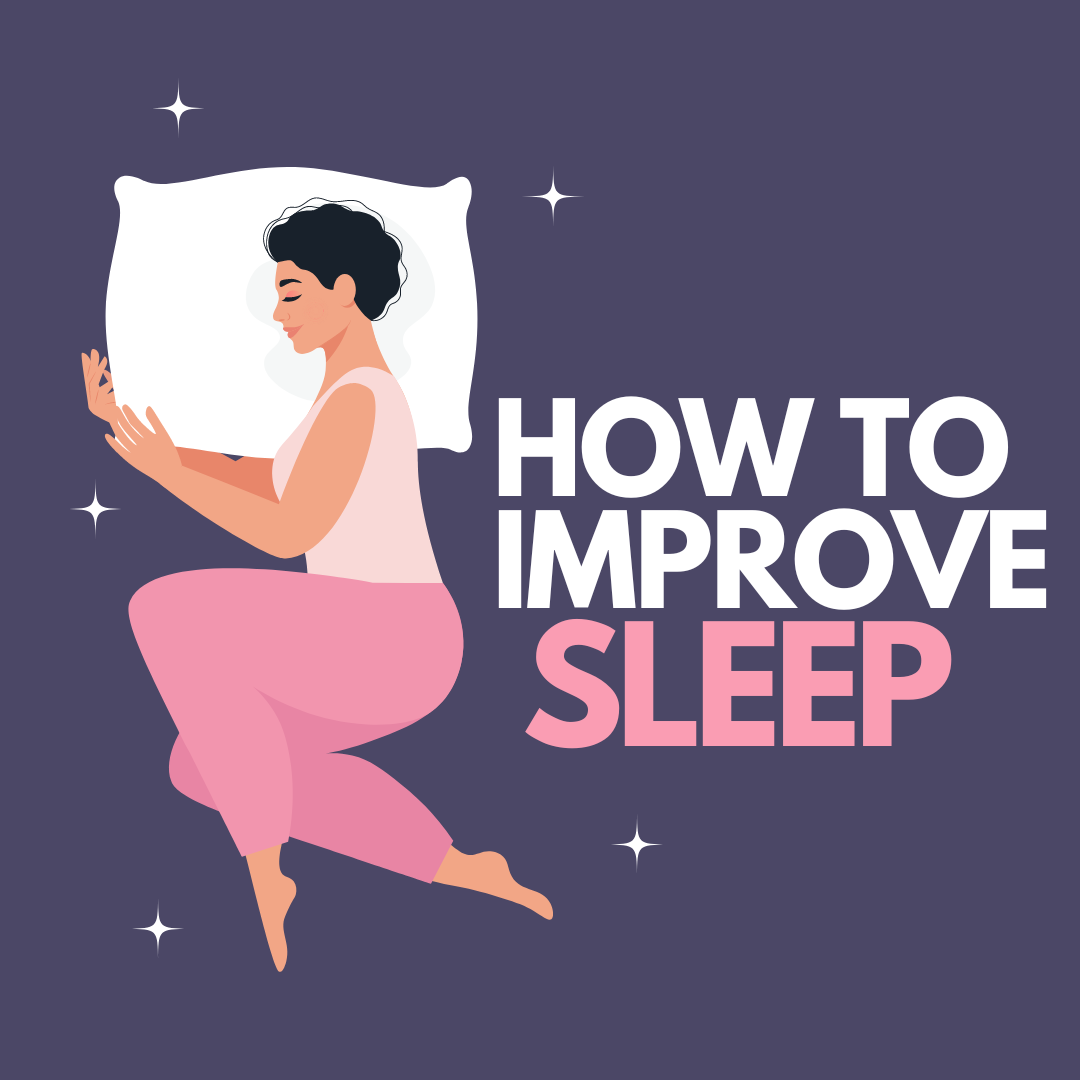What is the low-down on sleep and sobriety? Today’s lesson will explain why good sleep is important & will offer some tips to help you achieve good, restorative sleep.
How alcohol harms your ability to get good, restorative sleep:
- Alcohol might help you initially fall asleep, but it doesn’t help you sleep soundly throughout the night. According to sleep research, it can cause you to spend more time in deep sleep but not the time needed in REM sleep (Rapid Eye Movement sleep). REM sleep is where most of the good stuff happens – it’s the restorative sleep stage our bodies need.
- As the alcohol starts to wear off and you go through withdrawal, the second part of the night is more fragmented. As the alcohol leaves your system, you wake up more as your natural sleep cycle is disrupted. This disruption might cause a person to wake up around 2, 3, or 4 am, with restless sleep afterward.
- Alcohol is a diuretic, meaning you might also have to wake up more to urinate at night.
Some benefits of good sleep (which includes that much-needed REM sleep) are:
- Enhanced immune function
- Increased energy
- Improved weight loss & blood glucose regulation
- Better focus & creativity
- Your risk of getting diseases and disorders such as heart disease, stroke, and dementia is lowered
- Enhanced memory
- Improved emotional regulation
Most adults need between 7 and 9 hours of sleep. There are individual differences, and some people need less sleep. If you are experiencing disruptions to your sleep because of alcohol, over the long term, it is not a question that this will negatively impact you.
It is also important to note that studies show poor sleep in middle age may increase dementia risk.
If you decide to quit or take a break from drinking, you might be a little crestfallen that your sleep doesn’t magically improve immediately. However, if this happens to you, don’t despair! Sleep problems can last weeks, months, or even years after drinking stops.
Please know you are doing your best to improve your sleep by stopping or taking a break from drinking.
If you are looking for some added ways to help you sleep, here is a list of some tips:
- Cut out screen time at least an hour before bed. For example, instead of watching Netflix, try reading at night.
- Avoid bright or fluorescent lights for the same reason. Your body can misinterpret these lights as daylight, which prevents your body’s natural melatonin production at night.
- Try to get outside and into natural light first thing in the morning. Walking for about 30 minutes in the morning is a great way to get the benefits of daily exercise and exposure to early morning sunlight, which promotes better sleep at night.
- Avoid eating right before bed, so your body spends less time digesting food at night.
- Enjoy some nighttime tea to wind down in the evening.
- Try black-out curtains to keep your room nice and dark at night.
- It may help to turn your phone on ‘do not disturb’ mode each evening, with the alarm automatically set for every morning. That way, if you look at it before turning out the light at night, it’s in dark mode. Also, avoid looking at your phone if you wake up during the night. Checking the time may increase anxiety. Try some deep breathing instead.
- Keep it cool. Dress light and keep the thermostat at 70 or less, budget permitting.
- Avoid tracking your sleep at first with a tracking app or smartwatch if it is causing you any anxiety. If you wake up to a poor sleep score, this can affect your outlook for the day! Instead, if you’re interested in tracking your sleep, take a snapshot of your sleep quality at the very beginning of your sobriety and then at a later date to compare.
- Some find foam earplugs an inexpensive way to manage extra sounds if they keep you up at night.
- Try listening to a sleep meditation before bed. Insight timer is free, and there’s also the Calm app. Many sleep meditations incorporate progressive muscle relaxation or visualization to promote relaxation, which is excellent.
- You can play sounds while you sleep, white/brown, etc. noise, or have a sound machine on in the room.
- Incorporate exercise if you can. If you’re already walking in the mornings, you’re all set! Not only does exercise during the day help you sleep better at night, but it also helps your brain recover more quickly.
- Relaxing scents such as lavender/oil diffusers.
- Try to cut off caffeine by at least 6 to 8 hours before bed (watch out for hidden sources of caffeine, such as Kombucha or chocolate). Caffeine can impact people differently.
- Be consistent: try to go to bed and wake up at about the same time during the week and on weekends.
- Manage worries: writing down your fears and a plan to address them tomorrow might help. I journal in some form every day.
- Make your sleep space a calm, welcoming space for you. Of course, this also means don’t work in bed!!
As I mentioned, if you only manage to cut out alcohol, that’s a big fat gold star!!! If you do ONLY this, you have won on the daily. As you get more comfortable, and if quality sleep is something you’re trying to work on, try adding in what you can from the above.
Do you have another suggestion that worked for you? Please share in the comments below!

